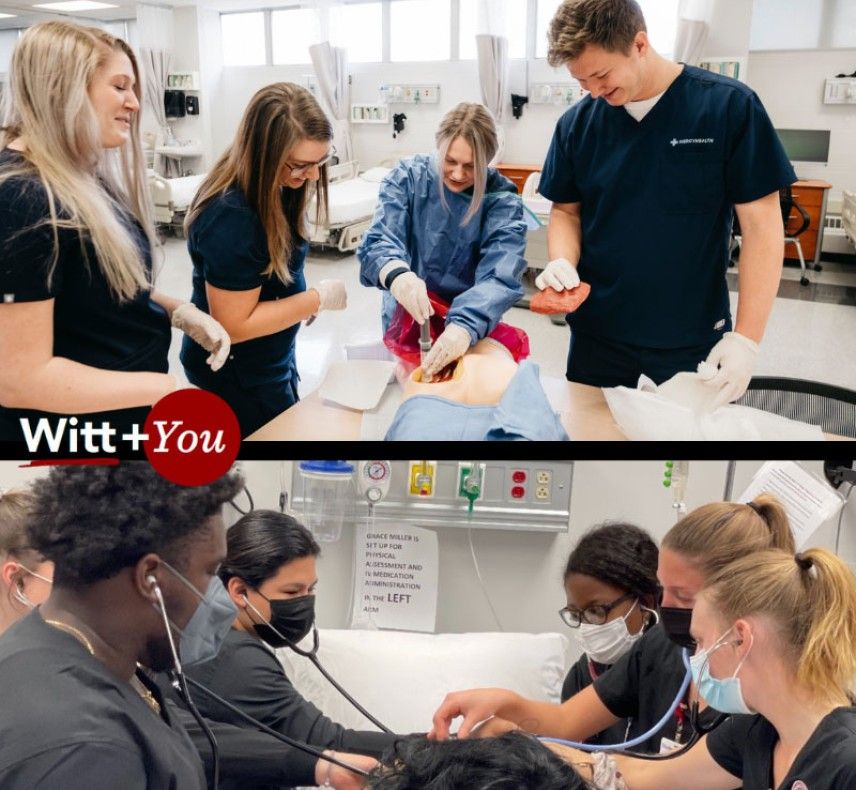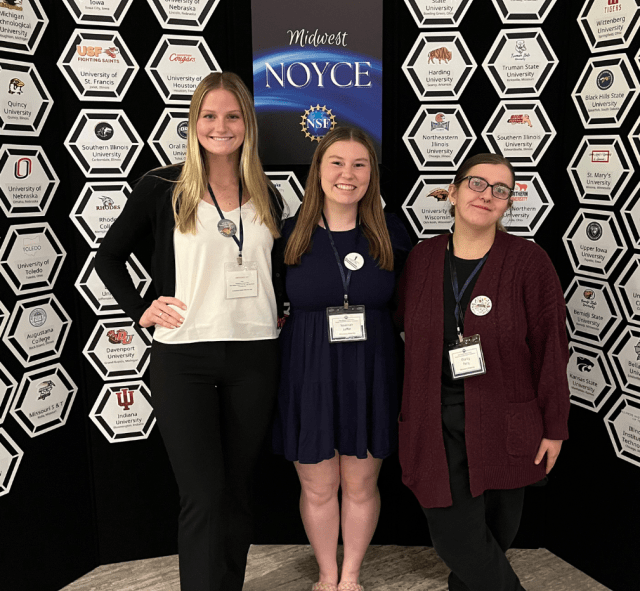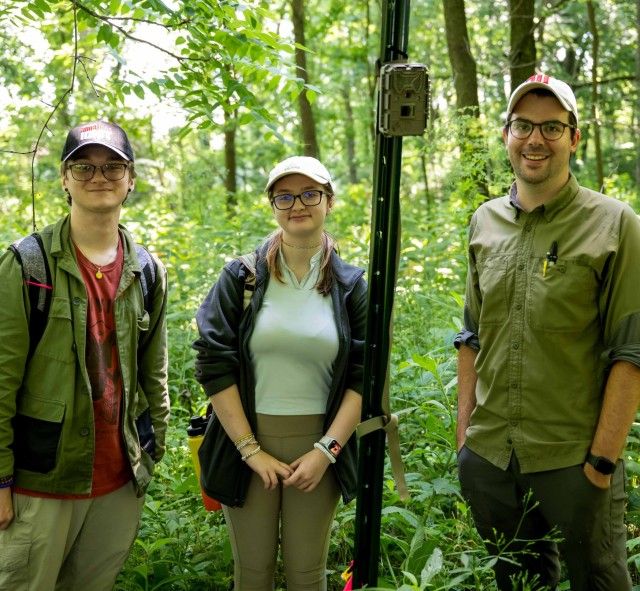In an effort to meet local, regional, and national needs, and in response to market demand, Wittenberg’s RN-BSN program will be offered fully online beginning in Fall 2024. The new pathway was approved by the Board of Directors at its May meeting.
The RN-BSN program, which is for already licensed registered nurses, allows non-traditional students with an associate degree to pursue a BSN degree from Wittenberg through flexible learning options to help maintain their career while earning the bachelor’s degree. To apply, visit the Office of Admission website.
“Our nursing department is excited to engage with active registered nurses, helping them to achieve their goals of becoming BSN-prepared,” said Marie Bashaw, professor, and director of nursing at Wittenberg. “If you are a nurse working at a hospital, obtaining a BSN is a requirement within five years. We don’t want anyone to have to quit work in order to obtain their degree, so offering our program fully online will help those looking to complete the courses.”
According to the Bureau of Labor Statistics, the market for nurses will remain strong over the next decade due to an aging American population and the increase in the number of individuals insured under the Affordable Care Act. As patient needs and the health care system become more complex, the demand for nurses with additional training in leadership, management, and administration is expected to grow. The Institute of Medicine (2020) called for nurses to achieve higher levels of education to meet these demands.
Wittenberg’s program moving completely online is also unique because participants can start during the spring or fall semester. Current staff is already prepared and ready to accept students in the program.
Previously, prospective program participants would look elsewhere for online options.
“We’ve had people ask about our current program, but when they found out it wasn’t completely online, they walked away,” Bashaw said. “We wanted to change that.”
The online pathway will be delivered asynchronous with lessons, discussion boards, and modules to be completed by students, allowing them to fit courses into their active schedules.
“We want to be able to meet the needs of the working nurse. I anticipate increased interest in the program going completely online, especially for the working nurse looking to obtain their BSN,” Bashaw added.
The RN-BSN program requires the completion of 126 total credit hours, along with Wittenberg general education requirements and 30 hours of community service. At least 32 credits, 20 of which will be nursing courses, must be completed through Wittenberg. Students also must be a licensed registered nurse by the second semester.
The total length of time to complete the BSN is approximately one year. It can be extended depending on how many courses the RN wants to complete each semester.
Wittenberg’s nursing program’s mission, guided by the American Association of Colleges of Nursing Essentials of Baccalaureate Education for Professional Nursing Practice (2018), is to prepare students with a liberal arts education for baccalaureate generalist nursing practice, and to provide a foundation for graduate education. To learn more about Wittenberg’s nursing program, check out the program's website here.







